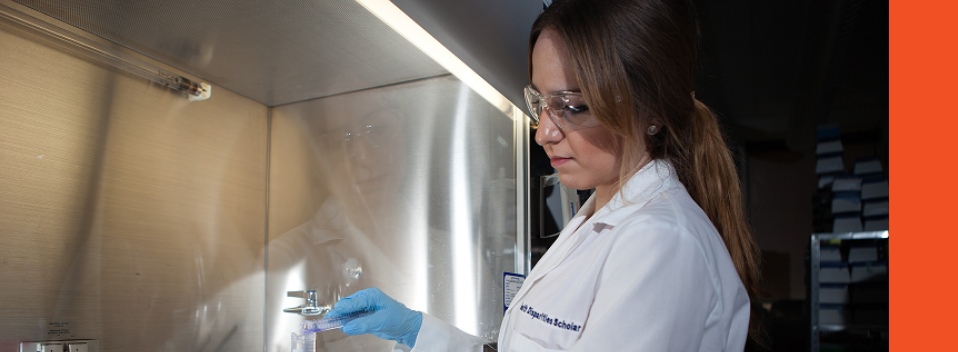
Health & Biomedical Sciences Faculty Publications
Document Type
Article
Publication Date
2013
Abstract
Direct reprogramming of non-neuronal cells to generate new neurons is a promising approach to repair damaged brains. Impact of the in vivo environment on neuronal reprogramming, however, is poorly understood. Here we show that regional differences and injury conditions have significant influence on the efficacy of reprogramming and subsequent survival of newly generated neurons in the adult rodent brain. A combination of local exposure to growth factors and retrovirus-mediated overexpression of the neurogenic transcription factor Neurogenin2 (Neurog2) can induce new neurons from non-neuronal cells in the adult neocortex and striatum where neuronal turnover is otherwise very limited. These two regions respond to growth factors and Neurog2 differently and instruct new neurons to exhibit distinct molecular phenotypes. Moreover, ischemic insult differentially affects differentiation of new neurons in these regions. These results demonstrate strong environmental impact on direct neuronal reprogramming in vivo.
Recommended Citation
Grande, A., Sumiyoshi, K., López-Juárez, A., Howard, J., Sakthivel, B., Aronow, B., Campbell, K., & Nakafuku, M. (2013). Environmental impact on direct neuronal reprogramming in vivo in the adult brain. Nature communications, 4, 2373. https://doi.org/10.1038/ncomms3373
Publication Title
Nature communications
DOI
10.1038/ncomms3373


Comments
© 2013, Nature Publishing Group, a division of Macmillan Publishers Limited. All Rights Reserved.